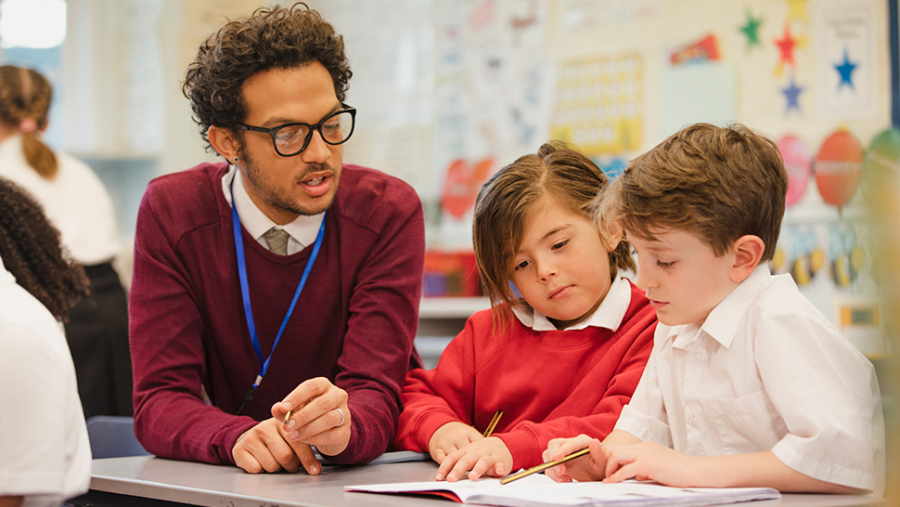

Vaccines are considered to be an important part of reducing the risk of Covid-19 transmission in the workplace. The government has not legislated for the Covid-19 vaccine to be mandatory within the education sector and, as a result, schools are facing a number of difficult and untested employment law issues in relation to Covid-19.
One question we are frequently asked is what should schools be paying unvaccinated staff who must self-isolate because they have been in contact with someone with Covid-19?
If the employee is able to work from home, they would be entitled to usual pay. If, however, they are unable to work remotely, but are following the government guidance on self-isolation, they are entitled to statutory sick pay (SSP) until the end of the self-isolation period as a minimum.
Payment of sick pay depends upon the individual’s contract and their employer’s policy. For example, if the policy states that contractual sick pay is payable whenever SSP is payable, the school would need to make payment in full if SSP is triggered by self-isolation, regardless of the employee suffering symptoms.
In most cases, employees will not be automatically entitled to sick pay under a school’s sickness absence policy, but schools should check the specific terms of their own policy or contract wording in this regard.
Ordinarily, sick pay policies are likely to be based on being unwell and unfit for work, and do not anticipate offering sick pay in circumstances where the employee is not personally unwell but is absent for public health reasons.
In these circumstances there would be no clear entitlement to be paid enhanced contractual sick pay.
That said, schools may nevertheless consider offering an entitlement to full pay during self-isolation. This may assist in ensuring employees do not ignore advice or test and trace alerts and come to work, risking the spread of the virus.
Interestingly, Ikea has announced that it intends to cut sick pay for unvaccinated staff (without mitigating circumstances) who need to self-isolate because they have been in contact with someone who has tested positive for Covid-19.
Whilst acknowledging that it is an “emotive topic”, Ikea have said that its policy had to evolve with changing circumstances, in the light of recent staff shortages. Wessex Water and many major US companies have also implemented a similar policy in recent months.
That said, there remains a risk in differentiating between employees based upon vaccination status in this way, not only in relation to the effect on staff morale but also from a discrimination perspective. Furthermore, whilst such a policy may encourage staff to get vaccinated, others may be less likely to test themselves or self-isolate because they cannot afford the time off work.
Ultimately, schools should ensure employees are treated consistently where possible, but will need to be mindful of and sympathetic to individual circumstances.










